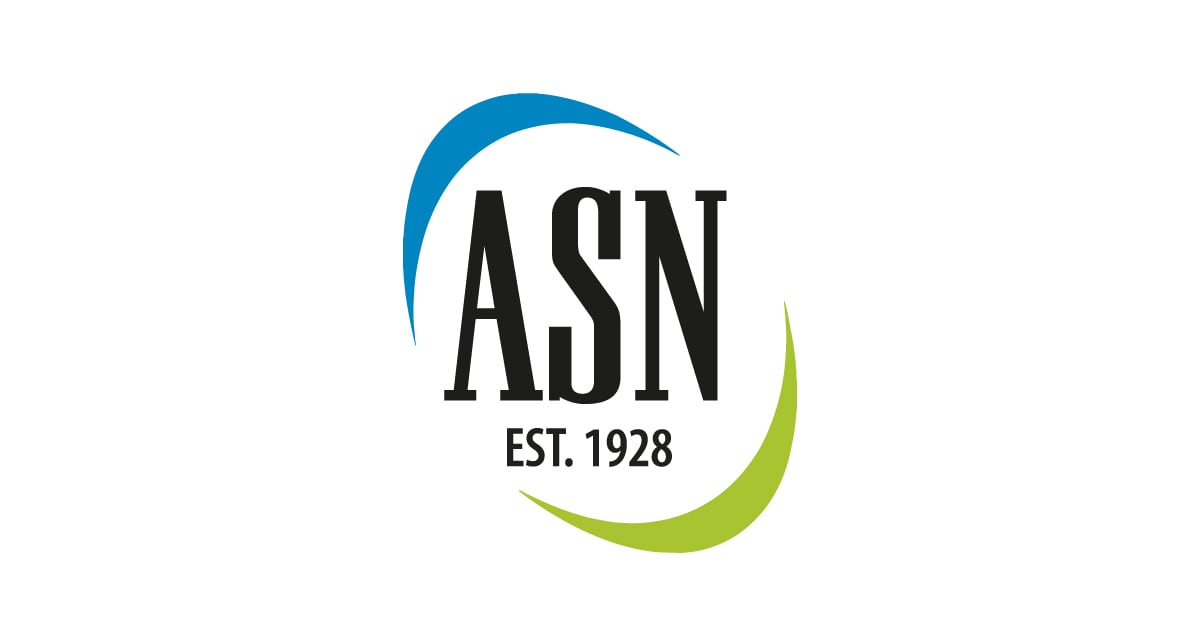There has never been a more important time to be an advocate for nutrition and its role in preventing the many chronic diseases that afflict our country. Once a year, the Academy of Nutrition and Dietetics holds a Public Policy Workshop (PPW) where they invite registered dietitian nutritionists (RDNs) from across the nation to learn about advocacy and participate in Hill visits with their states’ legislators. I had the honor of receiving a scholarship from the Minnesota Academy of Nutrition and Dietetics to attend this year’s PPW in Washington, D.C. This powerful and energizing event starts before you even reach D.C. with a series of 5 webinars that take you on a crash course in effective advocacy and brief you on the issues you will be addressing in your Hill visits. The real fun begins when you arrive in Washington. This year 350 RDNs from all 50 states attended PPW to represent the profession and advocate for the services RDNs provide. The first day includes a workshop that recaps what was discussed in the webinars and gives you an opportunity to meet your fellow state constituents. Together you share stories and formulate how you will present the issues to your legislators the next day. Most meetings are structured in a way that they are conversational but still have the following structure to them:
- Clearly state your reason for being there
- Provide facts and data that support your cause
- Share a personal story
- Ask them what you would like them to do
- Send a follow-up email within a few days
What surprised me most about this structure was the inclusion of a personal story. But the saying goes, “Data makes you credible, stories make you memorable.” During the Hill visits, I found this absolutely to be true. Personal stories were more relatable and tugged on the heartstrings in a way that reinforced what we were asking the legislators to do.
I had the privilege of meeting with staff members from the offices of Representatives Keith Ellison (D-MN) and Jason Lewis (R-MN), as well as Senators Al Franken (D-MN) and Amy Klobuchar (D-MN). This year’s advocacy work at PPW revolved around two very important topics:
- Nutrition education programs in the Farm Bill
What is the issue? 75% of Americans have a diet that is low in fruits and vegetables, which strongly correlates to their risk of developing a chronic disease. A large contributor to poor fruit and vegetable intake is food insecurity and access to affordable nutritious foods. The Supplemental Nutrition Assistance Program (SNAP) is the leading national program in providing nutrition support for families that have food insecurity. In addition to the SNAP program, the Farm Bill authorizes funding toward nutrition education programs, like the SNAP Nutrition Education and Obesity Prevention Grant (SNAP-Ed) and Expanded Food and Nutrition Education Program (EFNEP). These two programs provide funding for local nutrition education initiatives that are designed to meet the needs of the local population.
What did we ask? We asked legislators to fully fund SNAP-Ed and EFNEP in the 2018 Farm Bill.
- Value of Nutrition Services in Prevention
What is the issue? Currently, U.S. healthcare costs are $9,990 per person, rendering 3.2 trillion dollars annually. Heart disease, diabetes, and cancer are the leading chronic diseases that contribute to annual healthcare costs. These diseases can be managed or even prevented with evidence-based nutrition interventions provided by trained RDNs. However, insurance companies are not required to provide coverage for nutrition services that have been proven to prevent the onset of these diseases. Currently, Medicare only covers outpatient nutrition services for diabetes, chronic kidney disease, and kidney replacement.
What did we ask? We asked legislators to ensure coverage for nutrition services for all nutrition-related chronic diseases.
On my way back to Minnesota, I reflected on the wonderful connections I made with RDNs from many different states, the stories I heard about the work they do, and the meetings I had with legislator’s staff. After my experience at PPW 2017, I know that advocacy will be a large part of my endeavors when I become a RDN. As Donna Martin, the Academy of Nutrition and Dietetics President-elect, said, “If dietetics is your profession, make policy your passion.” If you even have the slightest interest in advocacy, I urge you to get involved with American Society for Nutrition and other professional organization’s advocacy efforts. You will be happy you did.



